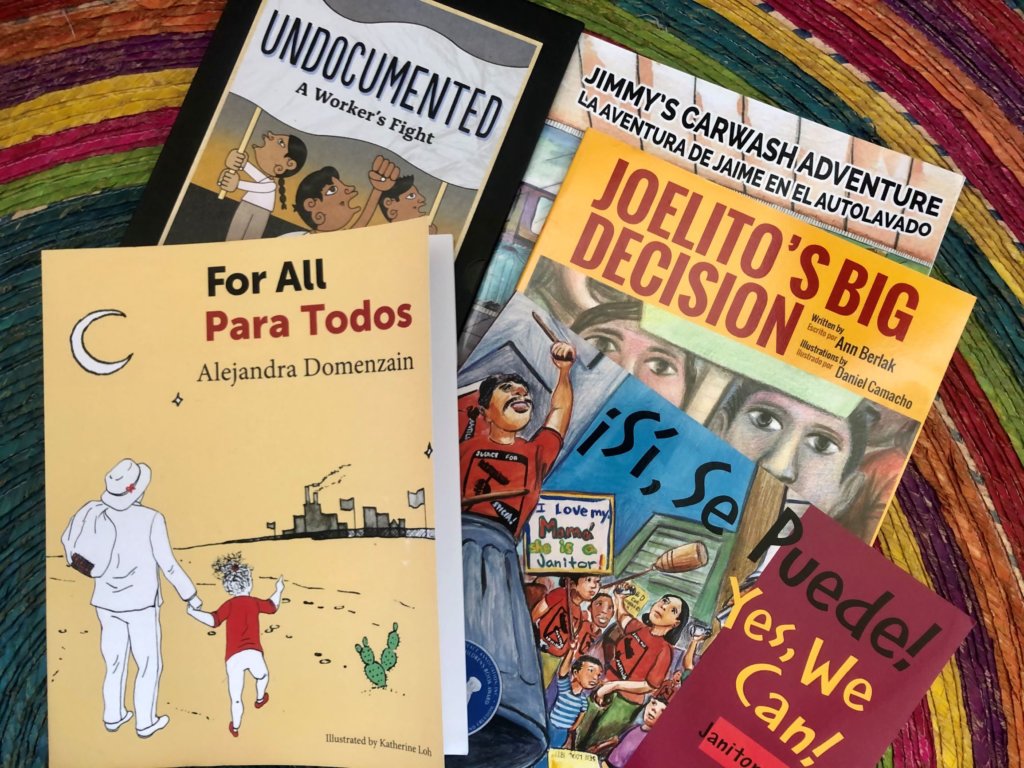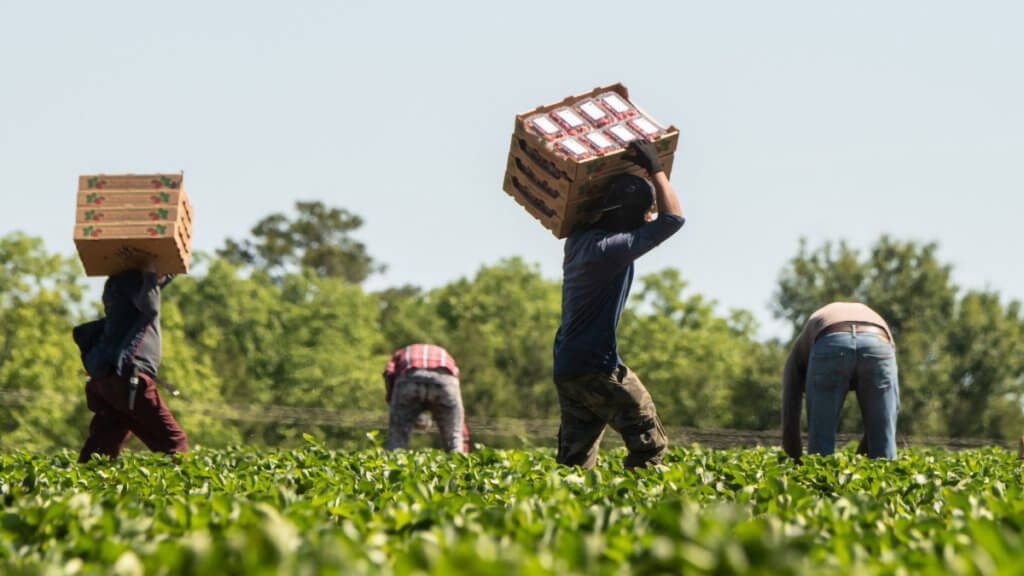The TPSeano Series: Saving TPS and the 250,000 “TPSeanos” Living in Our Communities
By Carlos A. Guevara, Senior Policy Advisor, UnidosUS
Today, more than 250,000 TPSeanos from Central American are at risk of losing their protected status. In the next five months, the Trump administration will be making decisions on the future of temporary protected statues, or TPS, designations for the Central American countries. There is no official position by the administration with respect to the future of TPS designation for these countries, but recent remarks by senior officials do not bode well for the continued long-term future of protected status for these countries, even though major violence and human rights violations associated with civil strife in their home countries make it unsafe for them to return.
TPS beneficiaries are integral members of our communities. According to a July 2017 report by the Center for Migration Studies (CMS), TPS beneficiaries from the three largest TPS countries by population have an estimated 273,000 U.S.-born children, and 10% of Salvadoran and 6% Honduran TPS beneficiaries are married to legal residents. The report also finds that 87% of the TPS population from these countries speaks at least some English, and slightly over half speak English well, very well, or only English.
Keep up with the latest from UnidosUS
Sign up for the weekly UnidosUS Action Network newsletter delivered every Thursday.
Moreover, their economic contributions are vast. CMS finds that 27,000, or 11%, of those in the labor force from the group are self-employed, having created jobs for themselves and likely others (including U.S. citizens), and that almost half of the 206,000 households with TPS beneficiaries are homeowners with mortgages. A recent survey conducted by the University of Kansas finds that Central-American TPS beneficiaries work in a variety of sectors and occupations—for men, 23% worked in construction, 25.7% in factory work, and 14% driving and delivery service; for women, 17% worked cleaning offices or buildings, 18% in child care and cleaning houses, and 23% reported other occupations.
Removing this population from the U.S. workforce would also have significant economic impacts. The Immigrant Legal Resource Center estimates that ending TPS for the three largest countries would lead to a $6.9 billion reduction to Social Security and Medicare contributions over a decade, and result in a $45.2 billion reduction in GDP over a decade. The ILRC estimates that eliminating this work-authorized population from the workforce would also result in $967 million of “turnover costs,” or costs employers incur when an employee leaves a position. In addition to these economic costs, requiring the taxpayers to pay for the removal of these TPS beneficiaries would seem both unnecessary and counterproductive at a time of considerable federal budget constraint.
Distribution of Salvadoran and Honduran TPS-holders by largest metropolitan areas
 Estimates come from Tom Wong’s analysis of U.S. Census data, available at: https://www.ilrc.org/sites/default/files/resources/2017-04-18_economic_contributions_by_salvadoran_honduran_and_haitian_tps_holders.pdf.
Estimates come from Tom Wong’s analysis of U.S. Census data, available at: https://www.ilrc.org/sites/default/files/resources/2017-04-18_economic_contributions_by_salvadoran_honduran_and_haitian_tps_holders.pdf.
It is fundamentally unfair that valued long-time members of our communities who work hard and raise families now stand to have the rug pulled out from underneath them at a time when it is questionable whether conditions in their home countries permit their safe return. In fact, some representatives of these countries have argued persuasively that the return of such large numbers of their nationals could itself be destabilizing, frustrating efforts to grow regional economies, reduce violence, and to promote democracy.
UnidosUS is committed to working toward fair and commonsense administrative and legislative solutions that recognize the important contributions of the quarter of a million TPSeanos who are at risk of losing these important protections.
Resources & Ways to Get Involved:
- Resources for Advocacy and Community Engagement by Allianza America
- The #SaveTPS Campaign website and videos


